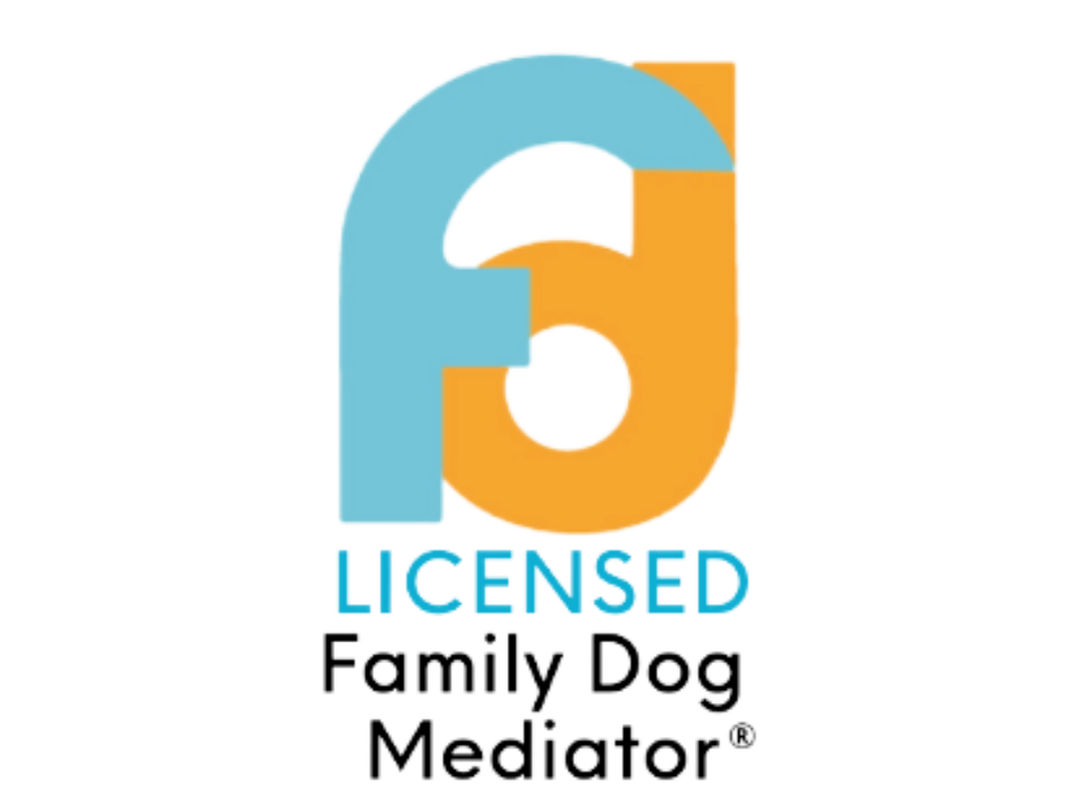Here's what you need to know, in order to get to better behavior with your dog
Whether you're questioning a problem behavior in your dog, you are wondering how to teach a new behavior, or you just brought home a new family member and are just wondering where to start, there are 5 important building blocks to making your way to better behavior with your dog!
If you prefer to watch the replay of my live chat about this very topic, you can do so here:
At the most foundational layer lies emotions and reactivity. Without an understanding of emotions, it's going to be really difficult to change behavior. You need to understand how emotions work and how they play into all the other pieces before you can truly address the other pieces of behavior
Many people are currently working with and living with reactive dogs. You are not alone! Here are some questions to think about when it comes to Emotions and Reactivity Is my dog emotional? What's triggering my dog? Why is one day better/worse than another? Why is my dog more reactive to A than B?
When you're trying to communicate with your dog or your dog is trying to communicate with you, there are important elements to that that are often missed. In this piece of the framework, here are some questions you could be asking yourself:
What is my dog's body language saying? Is my non-verbal matched to my verbal language? Is my dog ACTUALLY comfortable right now? How do I stop my dog's growling/avoidance? Remember, it's important to understand the building block of emotions before you're going to be able to answer all those questions. For example, with growling - you'll need to first understand the function of growling, the emotion behind it. Without understanding the emotion, it's going to be really hard to understand what to do about it
Mindset plays an enormous role in your day to day interactions, frustrations, and overall relationship with your dog. Management plays into that as well because without good management skills, your mindset won't be in a good place!
Here are some questions to consider: Did I cause my dog's behavior? NO! What if I'm too tired to train? Is my third dog getting the right amount of attention, compared to my first? Why doesn't my dog listen to my kids?
This is where you take the time to intentionally and purposefully teach your dog a skill that will be important for him to know and use as a replacement behavior or in day to day manners. Instead of just trying to use the skill or cue in the moment of need, you are getting ahead of the problem and teaching the behavior. Our kids go to school to learn their life skills and then are able to apply them. Our dogs need to learn much in the same way
Here are some key example questions: How do I get my dog to stop begging? How do I get my dog to stop stealing my kid's toys? Why won't my dog come when I call him? How can I get my dog to stop lunging on the leash?
Finally, this is the building block that takes you through the long term. This is what you've been building towards and what you'll use to maintain your dog's behavior in the real world situations
It will address questions like these: How do I wean off the treats? What if my friend wants to pet my dog but he jumps? When does the training end?
Let's look at the big picture again, so you can get another view now that you have seen how it's broken down
or click towatch the YouTube Video Ready to start to understand this on a deeper level so you can form a deeper and more fulfilled relationship with your dog?
You can do this is one of two ways...
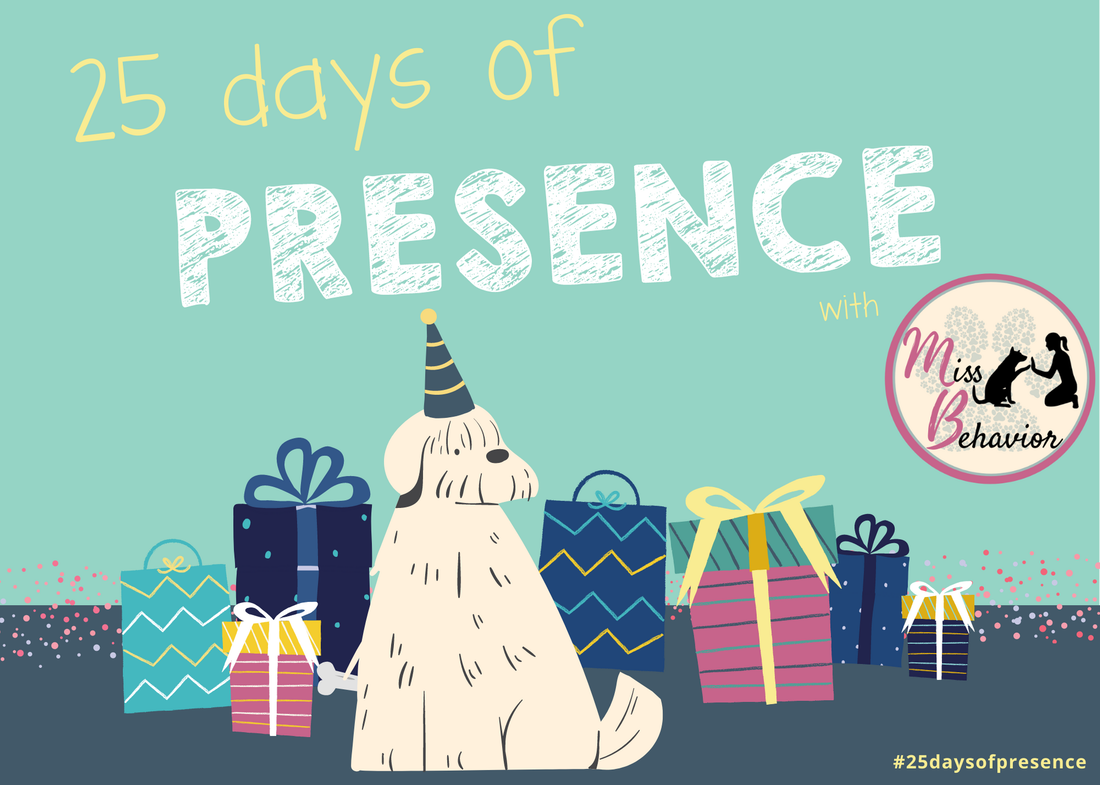
Join the Pup Parents Group on Facebook where I'll be asking questions and sharing quick training tips that will serve as thought joggers throughout the month of December
OR go all in
Join the virtual Canine Homeschooler Academy where we will dig further into the specifics behind each of these building blocks, addressing how to build these with specific training tasks
0 Comments
Your comment will be posted after it is approved.
Leave a Reply. |
|
- Home
- About
- Blog
- Services
- Membership
-
Courses & Freebies
- All Courses
- FREE Boredom Buster Recipes
- COURSE: Building Resilience in your Family Dog
- COURSE: Managing the Leash Walk
- Potty Training COURSE
- Paws Off COURSE
- COURSE: Managing the Leash Walk
- FREE Attention Building Challenge
- FREE Scratchboard Training
- FREE Rest and Recovery Round-Up
- FREE Body Language 101
- Contact
- Home
- About
- Blog
- Services
- Membership
-
Courses & Freebies
- All Courses
- FREE Boredom Buster Recipes
- COURSE: Building Resilience in your Family Dog
- COURSE: Managing the Leash Walk
- Potty Training COURSE
- Paws Off COURSE
- COURSE: Managing the Leash Walk
- FREE Attention Building Challenge
- FREE Scratchboard Training
- FREE Rest and Recovery Round-Up
- FREE Body Language 101
- Contact
Search by typing & pressing enter
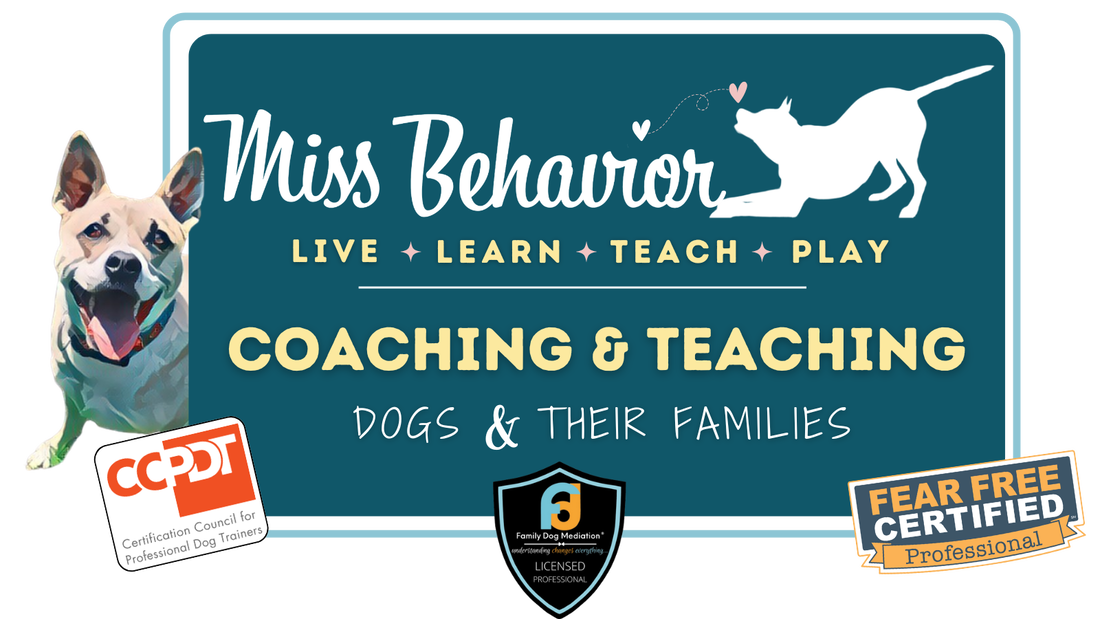
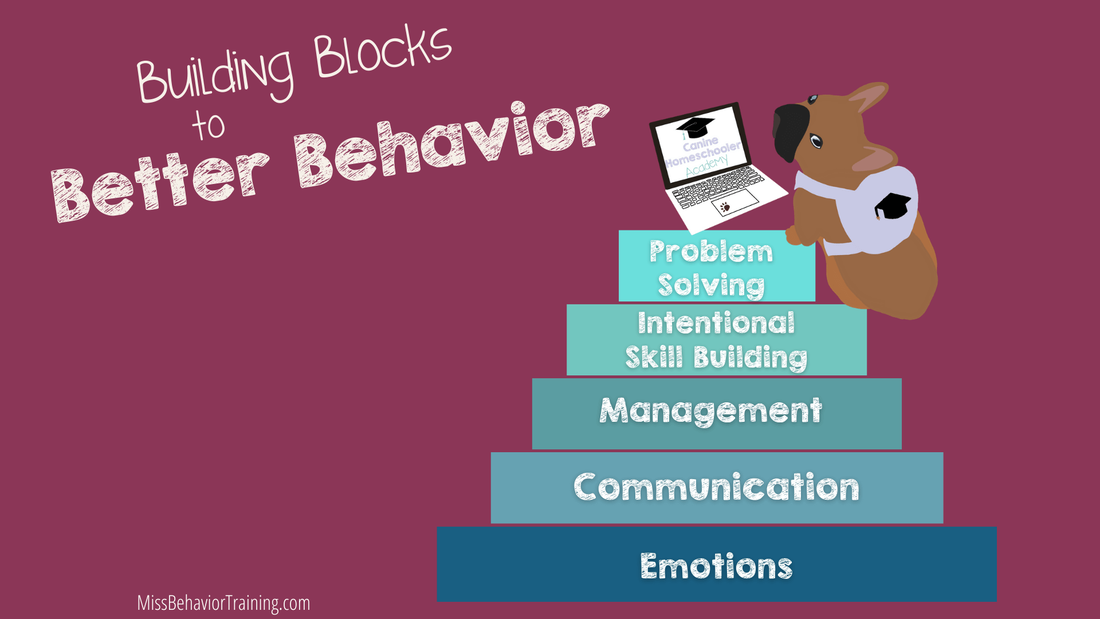
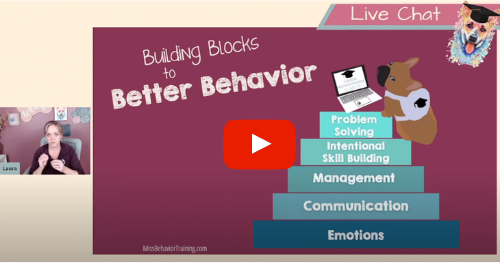
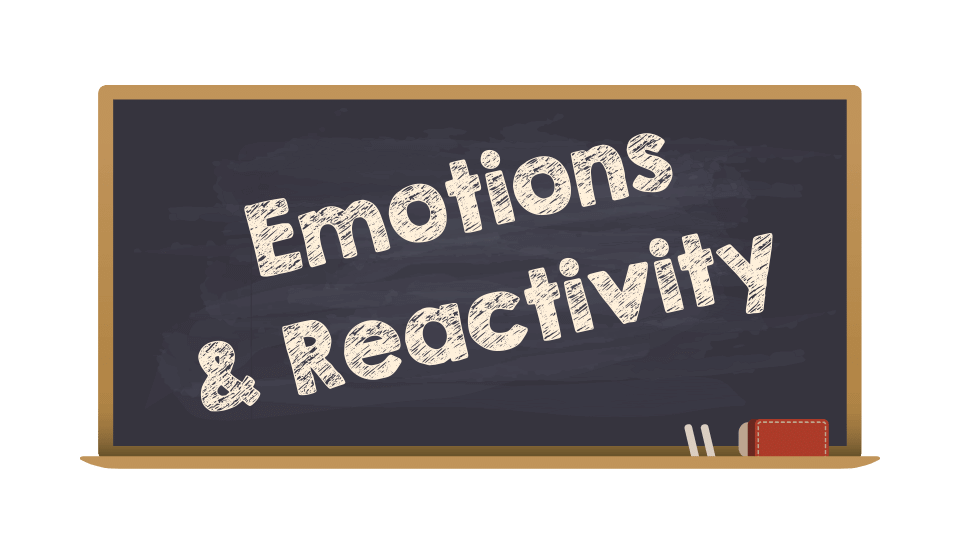
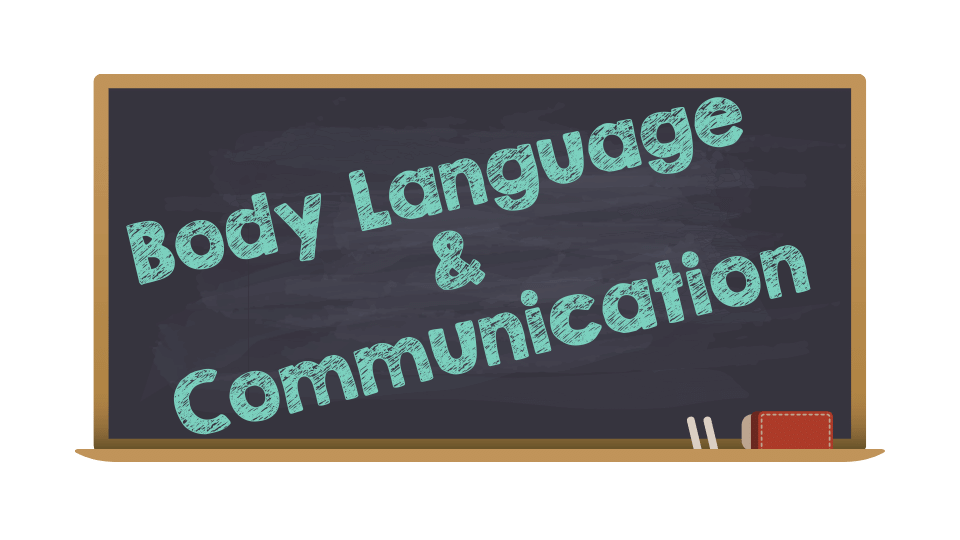
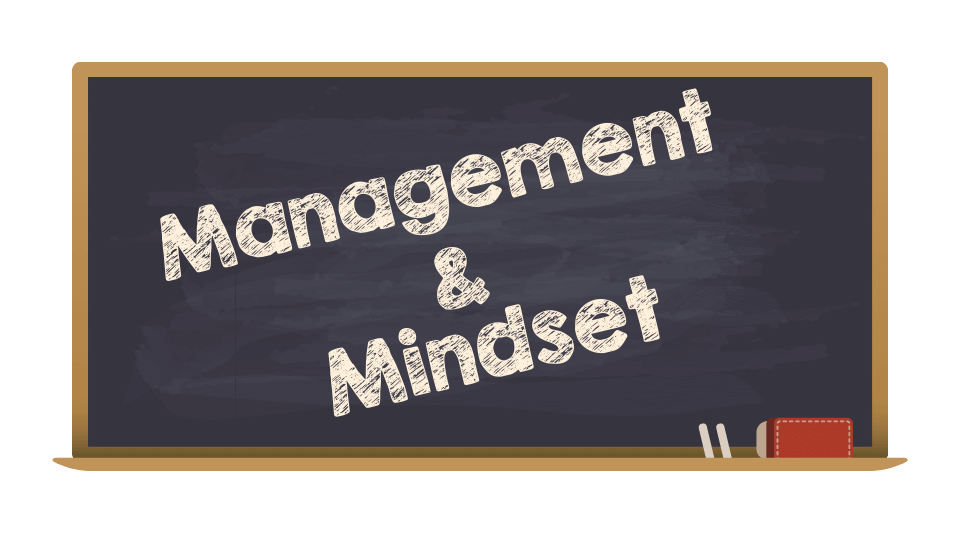
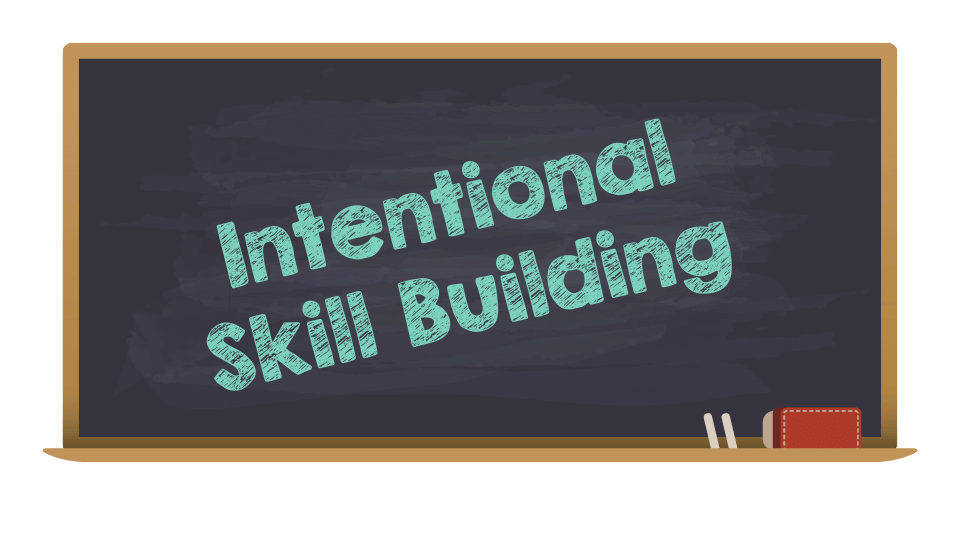
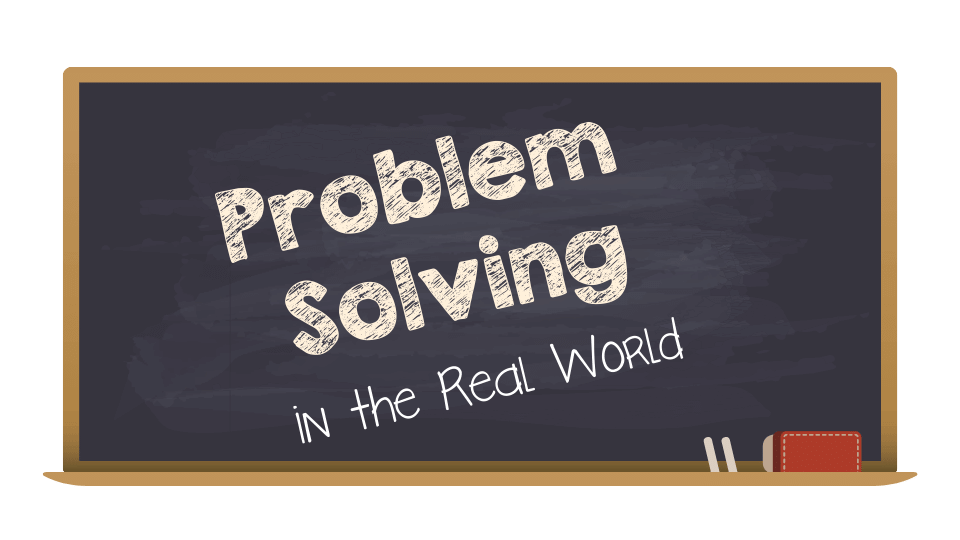


 RSS Feed
RSS Feed





